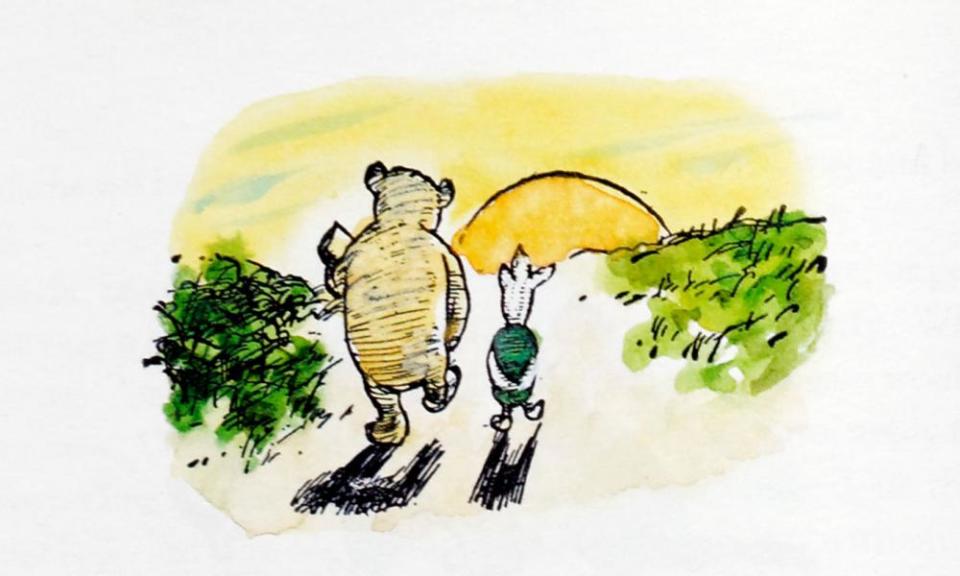Matt Haig on the best books to build mental resilience

Reading isn’t a solitary, introverted activity, it’s about connecting with people and the world. In times of pain and trauma that becomes even more essential. As James Baldwin said: “You think your pain and your heartbreak are unprecedented in the history of the world, but then you read.”
Pretty much every book I have ever loved has played a part in building mental resilience, because every great one offers us a way not just to escape our own mind but to expand it. Yet there are particular books you come across at the right time that really offer the advice you need, to help fortify those mental defences.
One that has helped me is the Buddhist teacher Pema Chödrön’s reflection on coping with difficult times, When Things Fall Apart. Chödrön offers no false comfort, exploring how it is possible to cope with suffering not by running away from it but by embracing it as an integral part of life. “The most fundamental aggression to ourselves,” she writes, “the most fundamental harm we can do to ourselves, is to remain ignorant by not having the courage and the respect to look at ourselves honestly and gently.” This book encourages and enables the reader to do just that, and to see that only by accepting an uncertain world can we ever experience joy.
Biographies and memoirs can be great sources of inspiration and resilience – I’m a particular fan of old-school classics by Laurie Lee and David Niven. In My Name Is Why, Lemn Sissay tells how social services separated him from his mother just after he was born. At first he lived with a foster family and then, as his mental health deteriorated, in a succession of loveless children’s homes. His account of a childhood spent under neglectful authorities is heart wrenching, but ultimately hopeful. His resilience and bravery shine through on every page.
Herman Hesse’s novel Siddhartha is the story of a man’s spiritual awakening at the time of the Gautama Buddha, but also serves as a guide to life. First published in 1922, it was translated into English in 1951 and became a countercultural classic among hippies in the 60s. It is full of wise nuggets on the themes of spirituality and acceptance: “I have always believed, and I still believe, that whatever good or bad fortune may come our way we can always give it meaning and transform it into something of value.”
Related: 'This man knows he's dying as surely as I do': a doctor's dispatches from the NHS frontline
Rachel Clarke weaves together an account of her training as a doctor who came to specialise in palliative care, the stories of her patients, and her father’s death in Dear Life. I read it while coming to terms with the death of a family friend, and found it full of honesty and tender wisdom about life and the process of dying. It managed the brilliant and paradoxical feat of helping you love life a little more and fear death a little less.
While recovering from a breakdown in my 20s, I was living with my parents and sleeping in my childhood bedroom. One of the books I pulled off the shelf was AA Milne’s Winnie-the-Pooh. These stories of the bear with very little brain offered such warm comfort. It can also be read as a book personifying mental states. Piglet has anxiety, Rabbit seems to have narcissistic personality disorder, Tigger is hyperactive, Eeyore is depressed and Pooh is confused. And Christopher Robin probably hallucinated the whole thing.
• The Midnight Library by Matt Haig is published by Canongate (£16.99). To order a copy go to guardianbookshop.com. Delivery charges may apply.

 Yahoo Sports
Yahoo Sports 